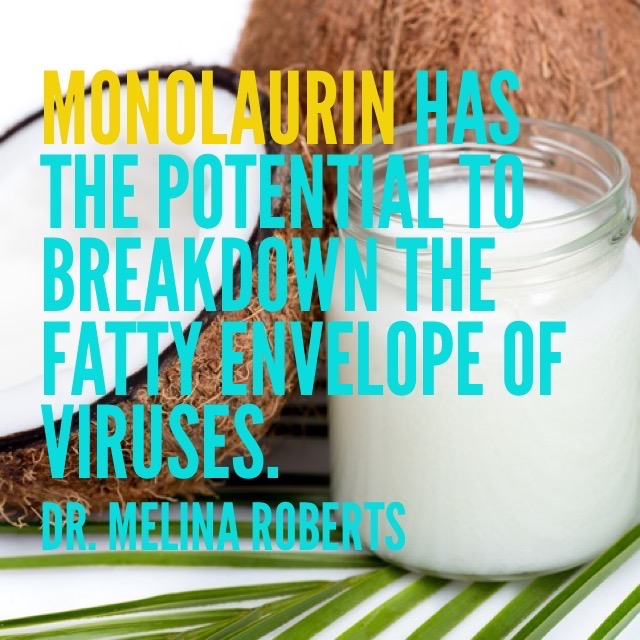Here are SEVEN Supplements that will help to support the immune system. This is not medical advice. Please consult with your licensed health care professional before taking any supplements. This is a broad recommendation, it is not a specific recommendation for you.
Though supplements can be helpful with supporting your immune system, our diet is actually foundational for supporting the immune system because 80% of the immune system is housed in our gut. We cannot supplement ourselves out of a poor diet. We need to be cleaning up the diet, we need to be removing those major inflammatory foods including wheat, cow’s dairy, refined sugar, processed foods, fried foods, alcohol, because all of that can be inflammatory on the gut. What we want to be including in the diet is lots of different colour vegetables, healthy fats and clean proteins and cooking these ourselves so there is no extra additives, preservatives or chemicals. This is the foundation of healing the immune system, then we can add in supplements to help bolster and modulate the immune system with supplements.
Here’s my list of supplements:
- Vitamin C (1-2g/d) – Vitamin C needs to be taken in from an outside source, we can’t produce it ourselves. It is water-soluble, it helps to support the immune system, it helps to support the white blood cells and specifically helps to white blood cells to kill of infectious agents. If we have low amounts of vitamin C that makes us more susceptible to infections. We want to ensure that our levels of vitamin C are adequate. The amount of vitamin C our body needs ranges, there are times when we just need an adequate amount, but if your body is fighting an infection, you are sick, or you have a high amount of inflammation, then your body will go through vitamin C quicker and your needs will be higher. We can see how much vitamin C your body need by taking it to bowel tolerance, therefore you need vitamin C until you get loose stools. Therefore you don’t need to be taking high amounts of vitamin C preventatively. There are different types of vitamin C, there is ascorbic acid, standard type of vitamin C or liposomal vitamin C, which is vitamin C is a highly bioavailable form, both are shown to be effective.
- Vitamin D3(2000-5000 IU/d) – low vitamin D3 levels are a risk factor for infections and many other chronic diseases. Vitamin D3 should always be paired with Vitamin K2.
- Zinc (30-50mg) – An important mineral to support immune system. Low levels of zinc can be more susceptible to infections. When we have adequate amounts of zinc and zinc is able to more intracellular then zinc is able to decrease or block viral replication within the cell.
- NAC (N-Acetyl Cysteine) (500-1000mg) – This is an amino acid that can support detoxification as a precursor to glutathione. NAC is also a mucolytic, which means that it helps to thin mucous. When the body is fighting an infection, it puts out immune proteins which are sticky and make sticky secretions. NAC thins the secretions in the respiratory tract. It doesn’t stop the immune response, it helps to move the secretions out of the body. NAC helps to support the lungs which is very important if you have a history of weak lungs such as a history of bronchitis, pneumonia, asthma, smoker or vaping, which can all lead to weakness of the lungs. NAC and Vitamin C work quite well together in terms of glutathione. NAC is a pre-cursor to glutathione, this means it is one of the building blocks to help make glutathione and vitamin C helps us to recycle glutathione
- Glutathione (100-200mg/d) – Glutathione is needed in terms of proper detoxification in the body, but also when the body is fighting an infection, then we go through glutathione a lot quicker. We also go through glutathione quicker when we have a high toxic load in the body. So we always want to make sure we have ample amounts of glutathione on board to ensure our body can proper detoxify. If we have low levels of glutathione, then we are more susceptible to infections. Oral types of glutathione include S-acetyl glutathione and liposomal glutathione, which are the best forms that are absorbed orally. Another option is IV glutathione.
- Quercetin (50-100mg/d) – Quercetin decreases inflammation, and it decreases viral replication. Preventatively, it’s not necessary to take large amounts of quercetin, but if we are fighting any kind of viral infection, increasing quercetin may be helpful.
- Lauricidin (3000mg/d) – Monolaurin is a chemical derived from coconut fat. The monolaurin has anti-fungal properties and is used in decrease fungal overgrowths in the gut. Monolaurin has the potential to breakdown the fatty envelope of viruses.




